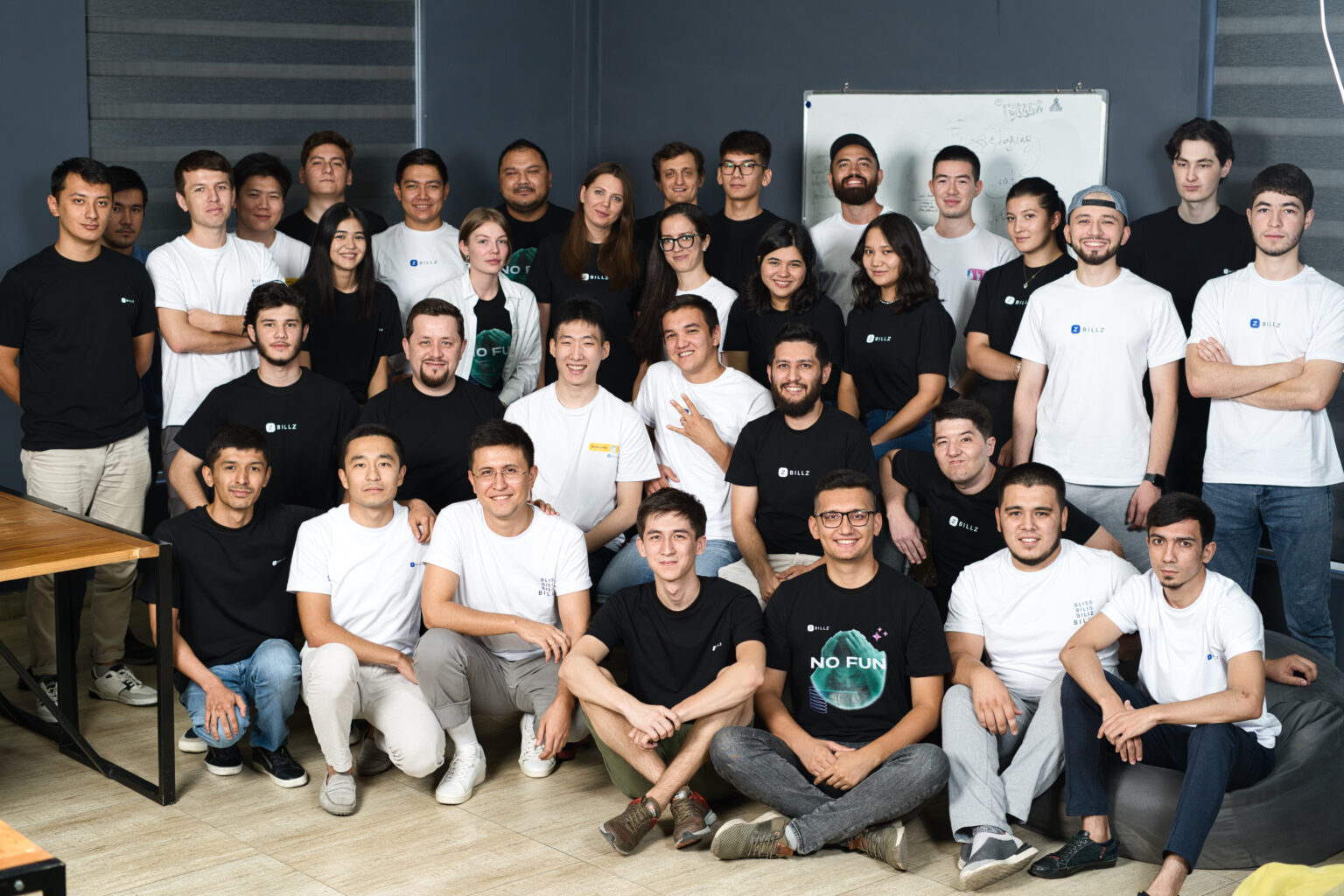BILLZ — a startup focused on trade automation

Rustam Khamdamov, co-founder of the BILLZ startup, shared the story behind the creation of the startup, discussing the challenges and achievements along the way.
Rustam Khamdamov, Tashkent, CEO and co-founder of the BILLZ startup, @rustamkhamdamov
How it all started
The idea for the startup came in 2017. At that time, we were working at the telecom operator UCell. By that point, I had been involved in product development for more than eight years. The second co-founder, Vadim, worked on the technical side. The third co-founder also worked at UCell but later left to open his own network of stores. He had problems managing inventory, and we were working on developing an internal CRM system. So, we invited him and other retailers to join a focus group for research.
After conducting over 20 customer development interviews with potential clients, we realized they faced similar issues. The existing market services did not meet their needs. Many retailers were still keeping track of inventory on paper. For about two years, we worked on this project part-time, and from 2019, we switched to full-time work.
Team
We gathered the first team from acquaintances we had worked with at UCell. The product was developed by people we knew personally or through other employees. As the company grew, we started hiring additional staff.
Target Audience
Our target audience is small and medium-sized businesses in retail, including shoe, clothing, accessory, and electronics stores. Our solution allows full management of products, customers, and services inside the store and helps businesses move online through websites, bots, and marketplaces.
By using our product, clients can save up to 30% on stock optimization by making the right purchases of necessary products and working more effectively on customer attraction and retention.
We also provide free training. We visit stores, demonstrate everything, and then continue supporting them online. Many retailers are moving away from paper-based or Excel-based methods and switching to our product because it’s simpler and more convenient for them.
We are actively operating in four countries: Uzbekistan, Kazakhstan, Kyrgyzstan, and Tajikistan, and are expanding into two more countries.
Our solution is used by 2500 stores with a total of more than 15 000 users.
Accelerator Programs
The first program we completed was an online accelerator by Y-Combinator. It is free and open to everyone.
In 2023, we completed the second accelerator program from Astana Hub and Google for Startups. We moved to Astana for three months, attended weekly tracking sessions, and learned a lot while meeting interesting people.
We participated in various competitions three to four times and won twice. We took first place in the Global Entrepreneurship Award.
Challenges
Challenges arise every year and every day. The main challenges were during the early stages — creating the first version of the product and starting sales. We idealized product creation, spent nine months developing it, and another six months finishing it. Only after that did we introduce the technology to clients, and many issues emerged.
Once clients started using our product, we began receiving feedback. Based on that feedback, we were able to identify the necessary direction for further development.
The second challenge was scaling the product quickly. We initially planned to create a system for Uzbekistan and expand it to other countries. It turned out that a system designed for one market doesn’t always work well in others. So, we wrote a new version of the product, spending two years and many resources on it.
The third challenge was attracting investments. In 2019-2020, there were no professional or institutional venture funds in Uzbekistan, so finding investors was tough. We sought people who simply had money. By chance, we met Sturgeon Capital. They were just entering the market at the time, and we became the first company they invested in.
The final challenge was attracting talent. At every stage of the startup, we needed people who could take the company to the next level. Finding such employees in the tech field is difficult. We had to hire interns or specialists at the early stages and train them ourselves. Now, the students who joined us have become great team members.
Recommendations
If you are building a business based on hypotheses, launch it as quickly as possible and start collecting user data. Based on that data, you can determine where to invest your resources.
Start doing it. If you have a good idea and a product that the market needs, be persistent and patient. These qualities distinguish great founders.
Attend meetups, meet people, and talk to other founders — it helps broaden your horizons. When you see how others work, you start striving for more.
Achievements
In 2022, we secured investments from international venture funds: $500 000 from Quest Ventures and $150 000 from Sturgeon Capital.
We grew three and a half times, wrote an international version of the product, which is now ready for active scaling, and built strong sales and support teams.
Plans
We are currently in the scaling phase. We are raising funds to expand into new markets. By the end of the year, we plan to launch in Georgia and Azerbaijan, and later in Saudi Arabia. We’ve already conducted research and identified these countries as promising markets for us.
We aim to strengthen our position and grow four to five times in Kazakhstan, Uzbekistan, Kyrgyzstan, and Tajikistan.
